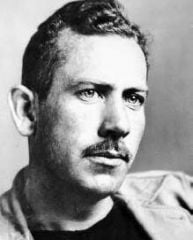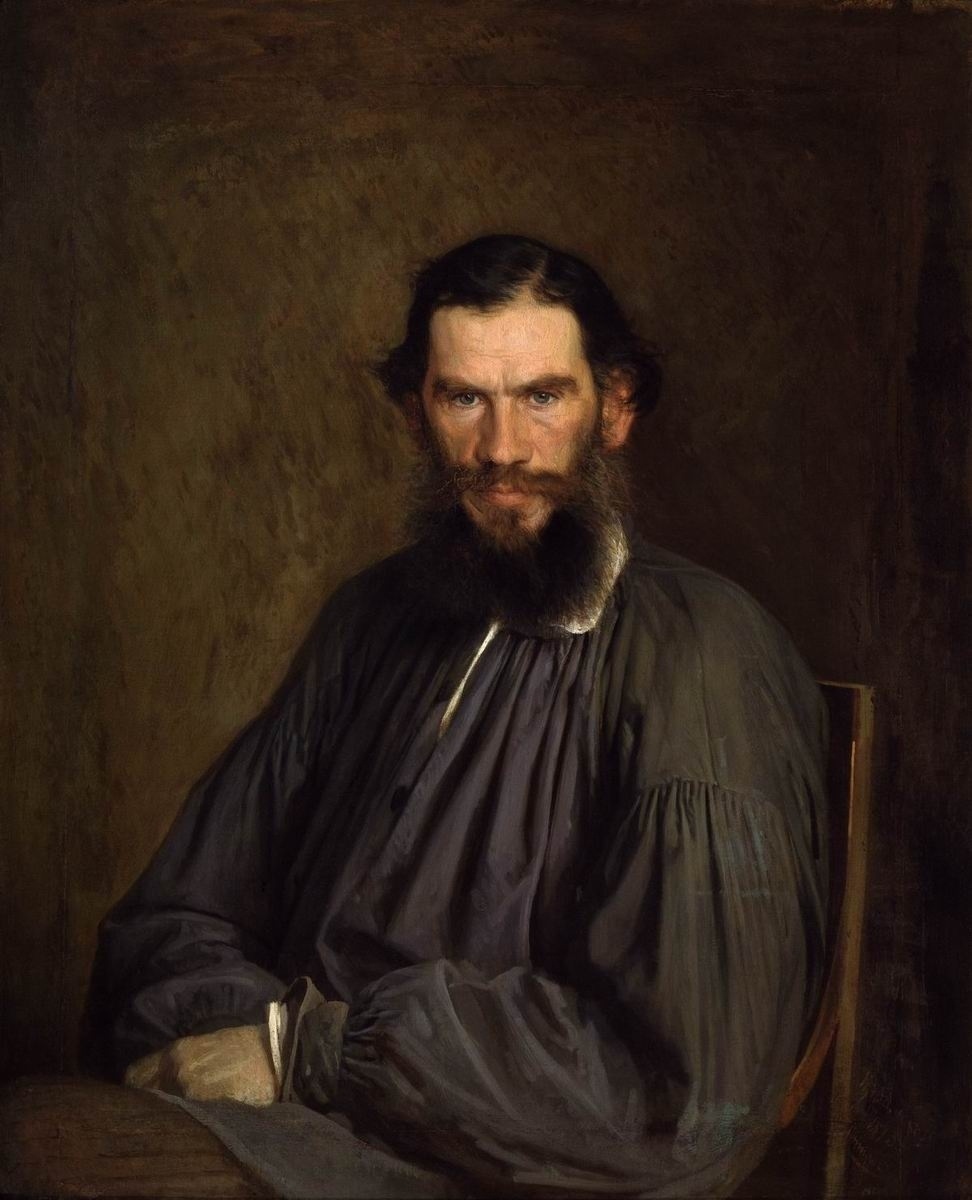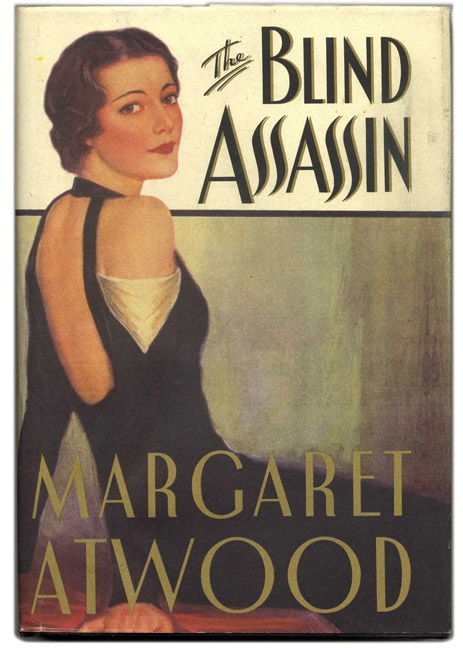In place of Romulus and Remus, of Ra and Isis, Americans created two popular mythic heroes: the superhero and the cowboy. While the superhero has only grown in its capacity as one of the United States’ most recognizable cultural exports (and as cinema’s most lucrative subject), the Western genre has diminished in status, falling from the wide popularity on television it enjoyed as recently as 40 years ago. The shift has come with justifiable reason, as an increasingly skeptical audience finds it hard to identify heroism within a violent environment built on the deliberate extermination of the American Indian, and other historical crimes.
us toll free: 1-800-948-5563 international: +1 (843) 849-0283 UK: +44 (0) 1334 260018


















